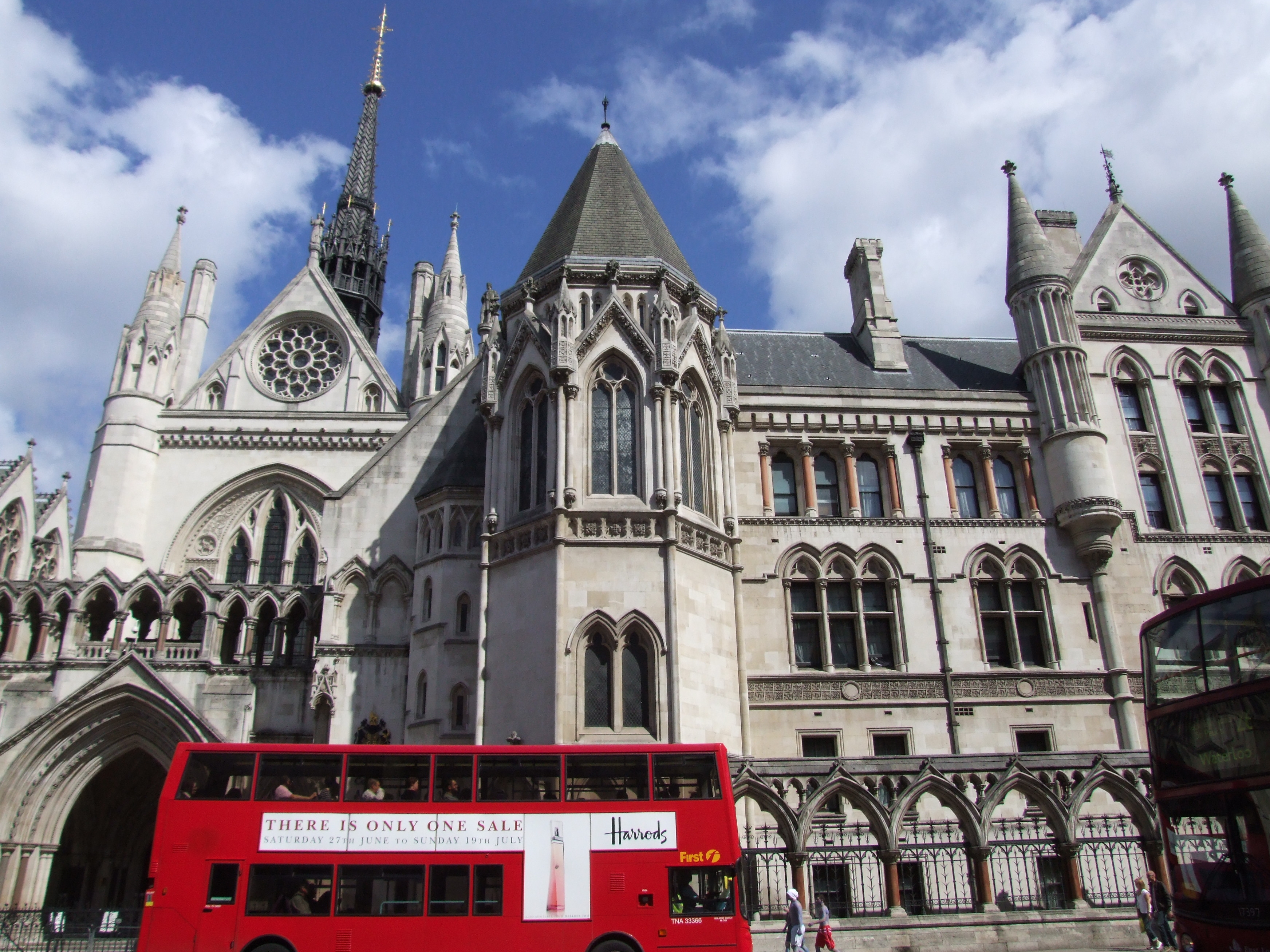The combined deficit of UK defined benefit (DB) pension schemes in the Pension Protection Fund (PPF) 7800 Index increased to £199.5bn by the end of July 2020, an increase of more than £20bn since the end of June 2020 (£174.8bn).
This latest increase represents a threefold year-on-year increase in the deficit, with a deficit of £62bn recorded at the end of July 2019, and almost a six-fold increase since the start of the year when a deficit of £35.4bn was recorded.
The funding ratio of the index has also decreased from 91 per cent at the end of June to 89.9 per cent at the end of July, again representing a year-on-year fall, with a funding level of 96.5 per cent recorded in July 2019.
Total scheme assets decreased by less than 0.1 per cent over the past month, to £1,775bn, representing a 5 per cent increase since the start of the year.
However, total scheme liabilities saw a 1.2 per cent increase over the month, and a 12.6 per cent increase over the year, reaching £1,974.6bn at the end of July.
The number of schemes in surplus fell from 1,805 in June 2020 to 1,737 at the end of July, with the surplus for these schemes also falling to £106.9bn (£113.2bn at June 2020).
Meanwhile, the number of schemes in deficit increased to 3,685, representing 68 per cent of DB schemes, with a total deficit for these schemes of £306.4bn, up from £288bn at the end of June.
Buck head of retirement consulting, Vishal Makkar, attributed the increase in the aggregate deficit to a fall in gilt yields, noting that there was “little movement in assets to compensate” for this fall.
He warned however, that the changes must be viewed “on a more long-term basis”, arguing that month-on-month “wobbles” are “nothing” compared to the turbulence schemes have endured this year.
Indeed, the index recorded three months of consecutive increases from the start of the year until April, when the deficit fell for the first time in 2020.
Makkar emphasied that there is likely “even more economic uncertainty ahead”, arguing that the pension protection fund will “undoubtabdy come under pressure”.
These concerns were also echoed by AJ Bell senior policy analyst, Tom Selby, who argued that DB pension schemes have been “caught in the cross fire” of Covid-19 driven policy changes.
He stated: “While some may hope gilt yields increase and in the process ease the funding pressure they are facing, the trend in recent years has been in the opposite direction.
“And although The Pensions Regulator will want to be pragmatic when assessing firms’ plans to plug DB deficits, it will also need to ensure members are not treated as second class citizens.
Selby emphasised that members of DB schemes will “understandably” be nervous about the future, noting that whilst the PPF continues to provide “a strong insurance backstop”, many who fall into it will have to face “severe pension cuts”.
He added that whilst it is inevitable “given the economic circumstances” that savers may consider transferring, it is crucial for members to think carefully about this decision, as well as the potential loss of PPF protection.
Selby warned however, that in light of the FCA’s recent clampdown on contingent charging, many savers will find it “increasingly difficult to access advice at all”, either due to the cost or availability.
“Those in this position will be left hoping the economy bounces back and their scheme sponsor remains in business long enough to pay their pensions,” he said.
Latest News
-
TPR urges DB schemes to consider endgame strategies amid 'step change' in funding levels
-
Pensions UK calls on govt to withdraw mandation power from Pension Schemes Bill
-
Pensions Age Awards 2026 winners revealed
-
Value leakage presenting ‘major challenge’ for DB pensions sector
-
Trustees urged to avoid treating first ORA as ‘compliance exercise’
-
Retirement advice approaches evolving amid regulatory and policy changes
THE ROLE OF INSURANCE LINKED SECURITIES (ILS) IN PENSIONS TODAY
Francesca Fabrizi sits down with Leadenhall Capital Partners Senior Managing Director, Alistair Jones, to talk about the role of Insurance Linked Securities (ILS) in pension fund investing today
Private markets – a growing presence within UK DC
Laura Blows discusses the role of private market investment within DC schemes with Aviva Director of Investments, Maiyuresh Rajah
Podcast: From pension pot to flexible income for life

Podcast: Who matters most in pensions?

In the latest Pensions Age podcast, Francesca Fabrizi speaks to Capita Pension Solutions global practice leader & chief revenue officer, Stuart Heatley, about who matters most in pensions and how to best meet their needs
© 2019 Perspective Publishing Privacy & Cookies









Recent Stories